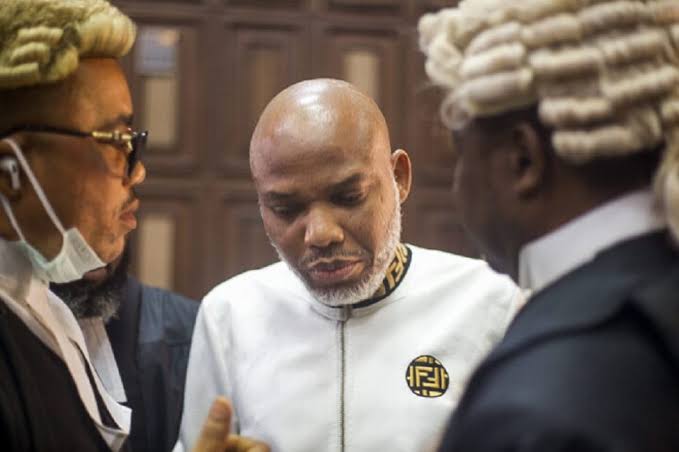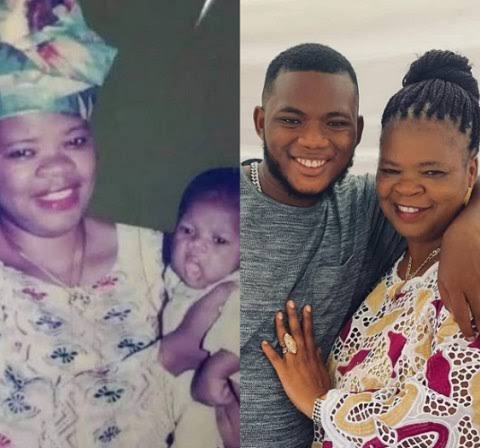
In the ongoing trial of Nnamdi Kanu, the leader of the outlawed Indigenous People of Biafra (IPOB), a Federal High Court in Abuja has dismissed video and documentary evidence that the federal government had requested be included.
A Department of State Services (DSS) agent who served as the prosecution’s third witness made an effort to present what the prosecution said were Kanu’s confessional statements. Kanu challenged the admissibility of the evidence, claiming that the statements were collected under duress, through his attorney Paul Erokoro.
To ascertain if the remarks were given voluntarily, the court on Wednesday mandated a trial-within-a-trial.
In his ruling, Justice James Omotosho held that although Kanu failed to demonstrate that his statements were coerced and the video evidence did not show signs of intimidation, the absence of legal counsel during the interrogations rendered the statements inadmissible.
“The statements are inadmissible in light of this omission by the prosecution,” the judge ruled. “The objection of the defendant’s counsel is upheld. The statements of October 23, 2015, and November 2015, earlier admitted in evidence, are rejected.”
Omotosho emphasized that the presence of a lawyer during the extraction of extrajudicial statements is a constitutional requirement. “Security agencies must comply with the relevant laws which mandate the presence of a defendant’s lawyer,” he said, adding that the requirement is “tied to the fundamental right” of every Nigerian.Adventure activities
Following the ruling, the prosecution resumed its case with the same DSS officer, identified as CCC, who introduced a new piece of evidence, a video disc titled “Interview with Sahara TV.” The court admitted the disc into evidence and it was subsequently played in open court.




